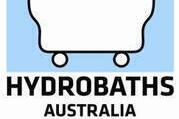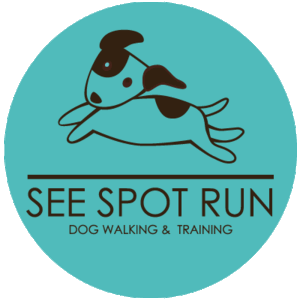QUESTION: We recently adopted a puppy and are having a really hard time housebreaking him. We have read a few books and email posts and there are so many different types of advice and we don’t know which one is right. Is rubbing his nose in it ok? How do we get him to stop peeing on the carpet?!
ANSWER: The reason why there are so many different methods out there is because there are many ways to housetrain a dog depending on the pet owner’s work/life schedule and dog’s living environment. Some dog owners are happy to train their dogs to relieve themselves on puppy pads or newspapers in an apartment. Other people would like their dogs to relieve themselves in the backyard on a patch of grass or whilst on a walk. So it’s important that you consult with a trainer and communicate what you would ultimately prefer your dog to do. The trainer will be able to tell you the best method to achieve it based on your work schedules, the set up of your home and the dog’s living environment. This might include crate training, installing a dog door, hiring a walker to take him or her out mid-day, taking the puppy to ‘the spot’ and teaching a verbal cue such as “pee pee” etc… The trainer will also show you how to address the pup when mistakes are made in the wrong spot. Here are the keys to any successful housetrainig program:
Consistency -- Don’t confuse your dog by providing papers or puppy pads half the time and take him out to the grass the other times. Stick to one type of surface (grass, papers, dog loo, pavers) and take him there every time so he develops a preference for that surface or location.
Timing – be aware of key times that puppies will need to relieve themselves (and this is quite frequent – sometimes up to twice an hour!). Immediately after waking from a nap, after a meal or a drink and after play. Be ready at these key times for potential mistakes and try to take your pup to the desired area to pee. When they do, praise! Generally pups at 8-12 weeks will be able to hold themselves during deep sleep at night for 4-5 hours but often wake in the middle of the night for relief, so your training program will need to address this. After 12 weeks, some pups are quite able to sleep a full 7-8 hours without needing to wake up.
When Mistakes are Made – Do not rub their nose in it! They will not be able to understand what you are doing and you risk breaking a bond with your pup. If you catch your pup making a mistake as it’s happening, then you can make a loud noise like “Oy!” with a clap of the hands to startle the pup and stop him midstream. Then very quickly and quietly, scoop the puppy up and take him to the desired area and prompt him to “pee pee.” This is when you will need to be patient, but when he or she finally does go, give lots of excited, happy praise. Remember, you cannot effectively punish a behaviour after it’s already happened. For example, if the puppy pees in the wrong spot, walks away and starts to play with his ball even 10 seconds later, you cannot yell, smack or punish him or her in anyway. If you do, you are punishing him or her for playing with the ball, not for making a pee mistake. PLEASE realize, if you decide to use punishment as part of your training program, (which is not necessarily recommended here) you must punish the behaviour, not the dog!



